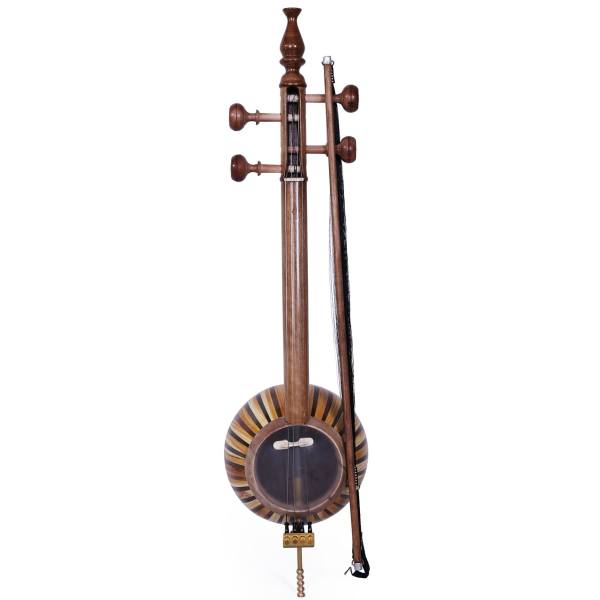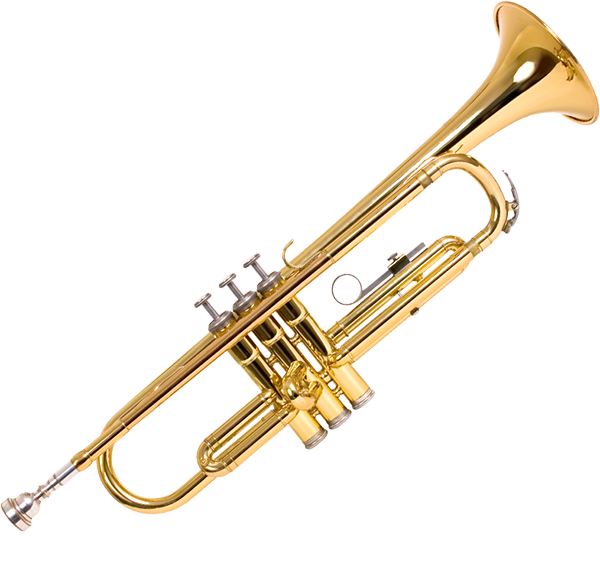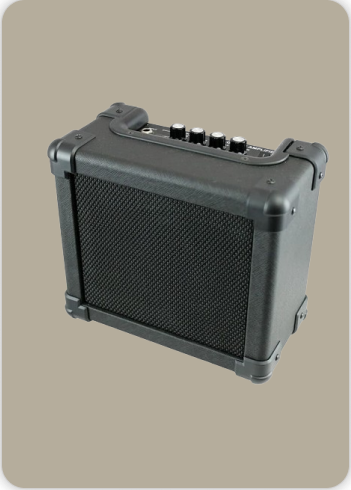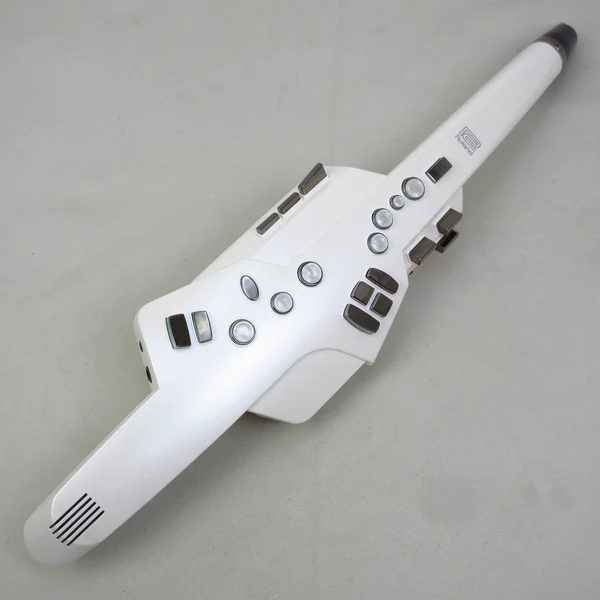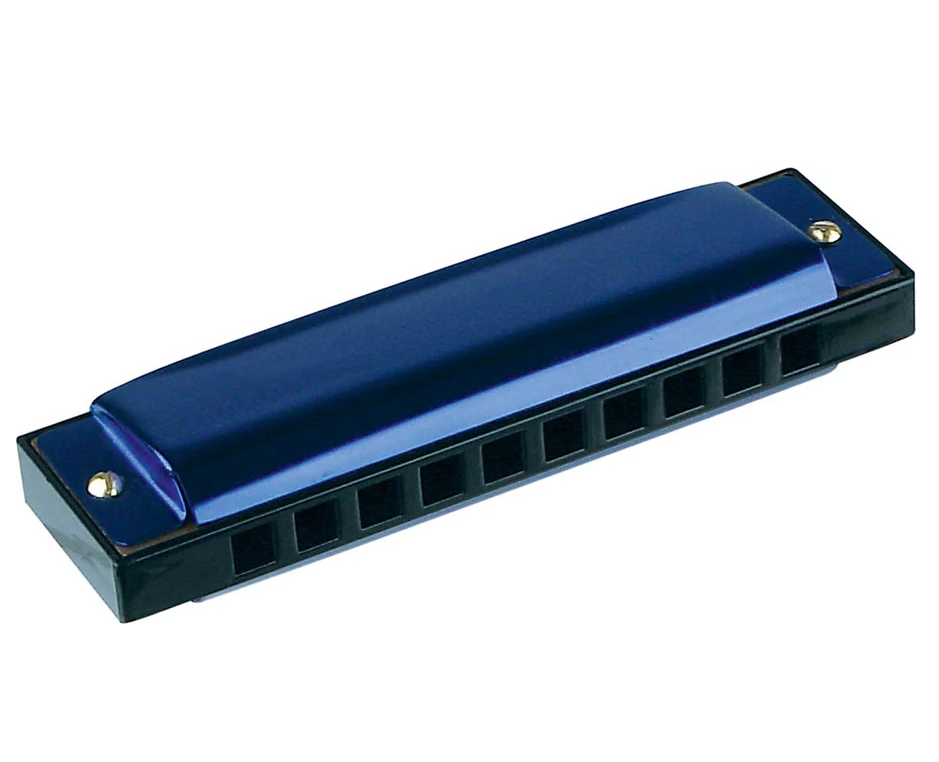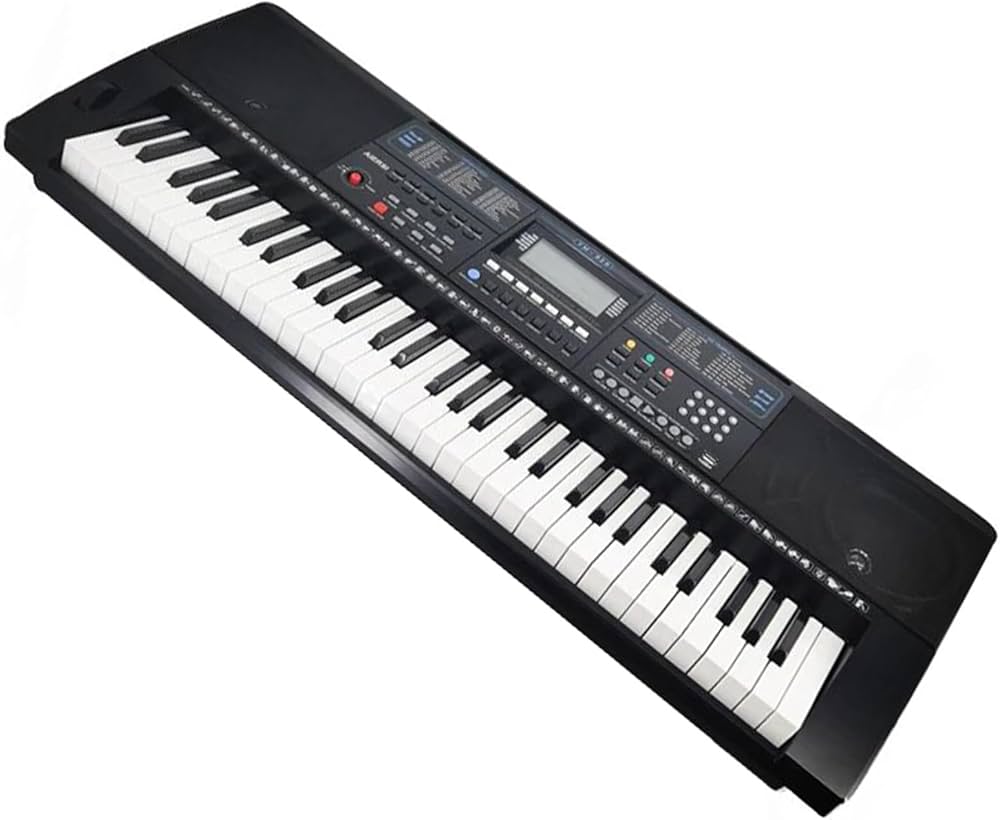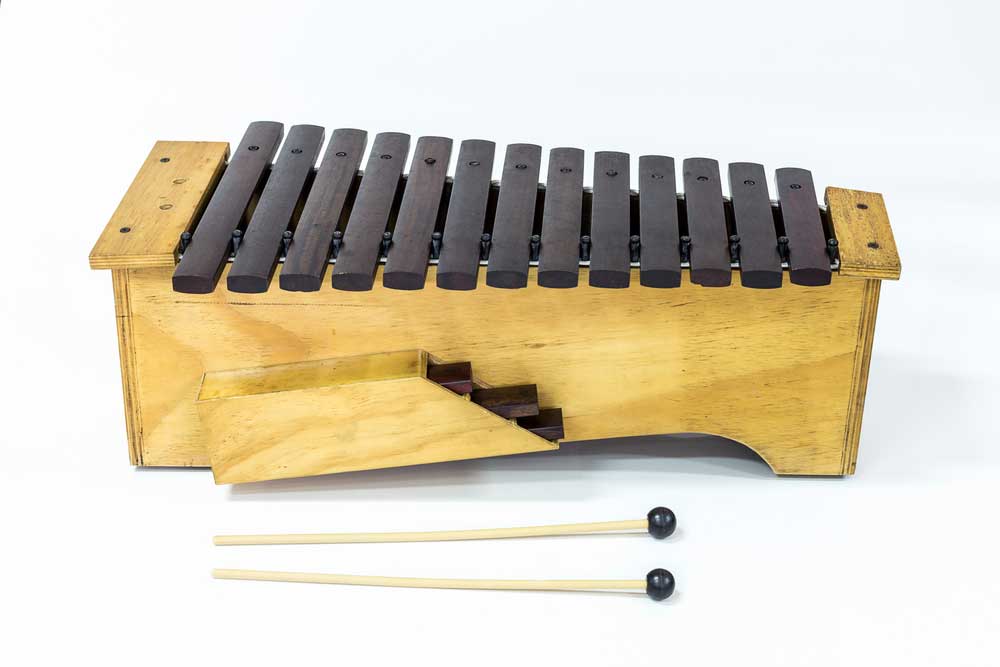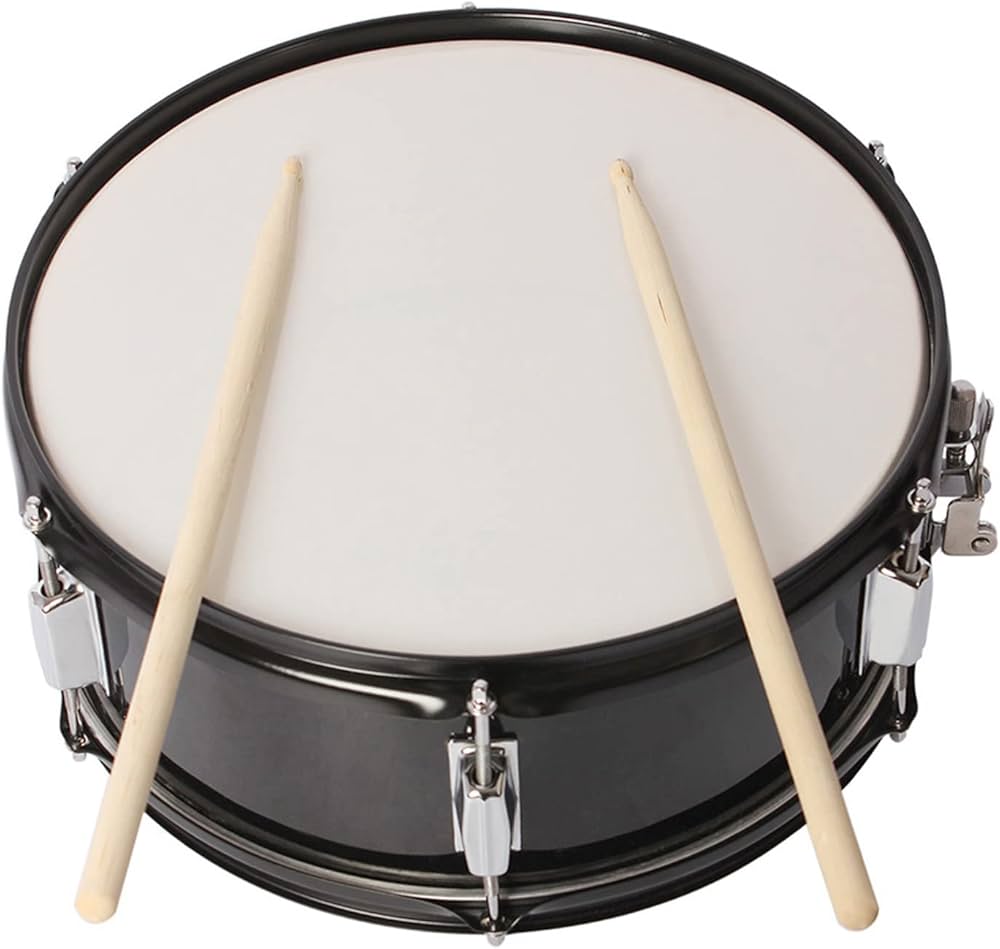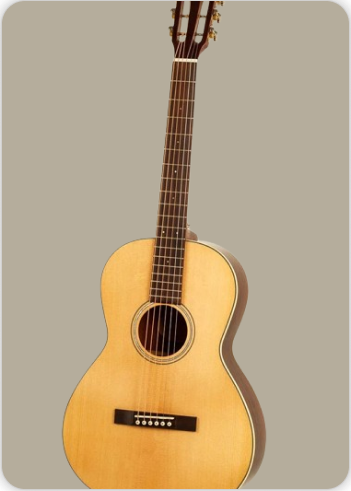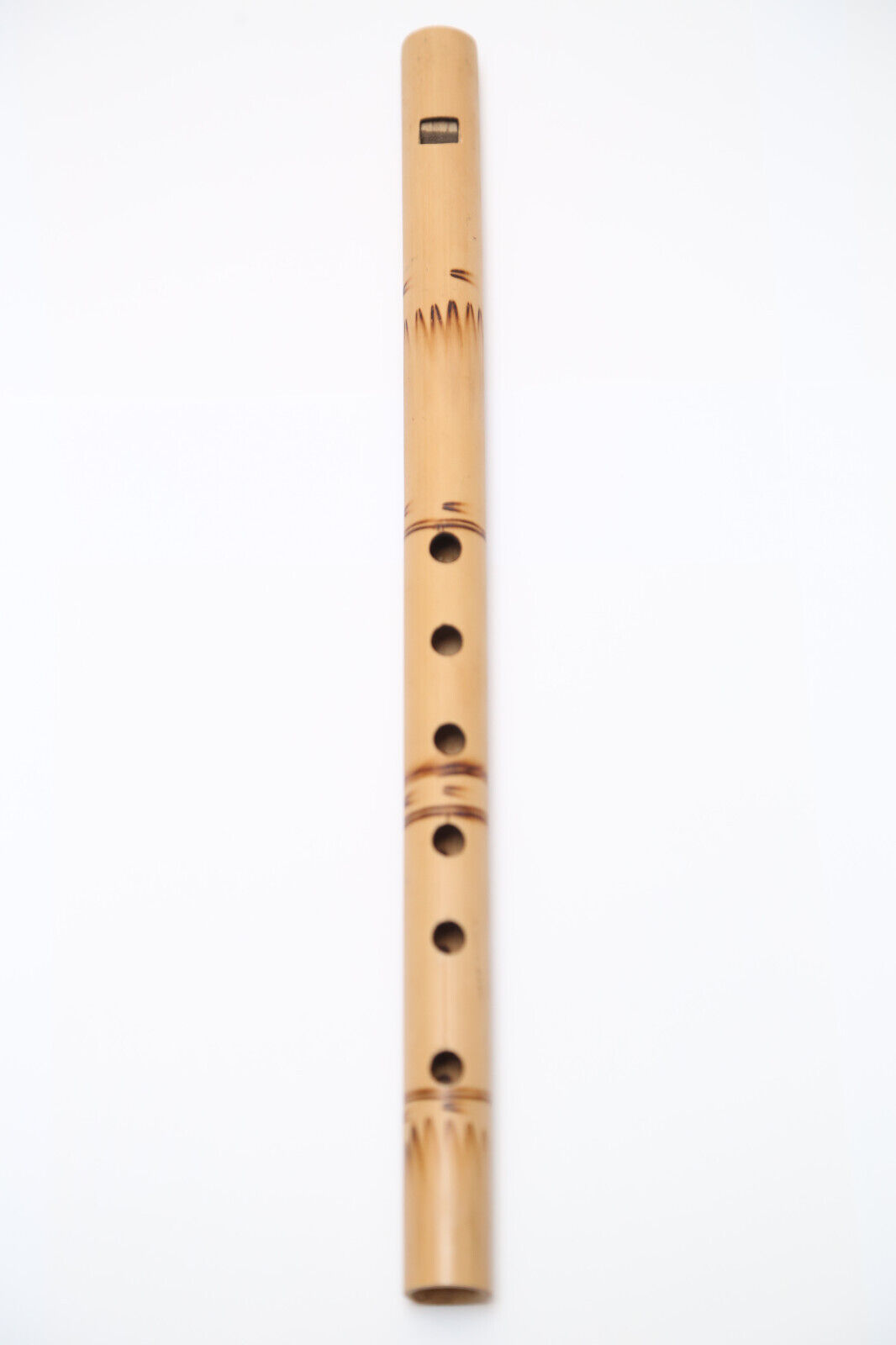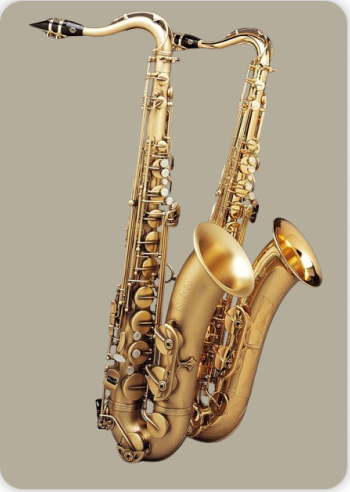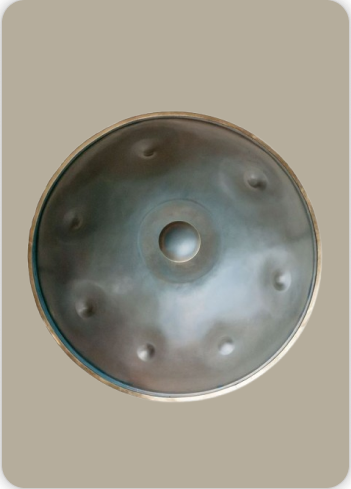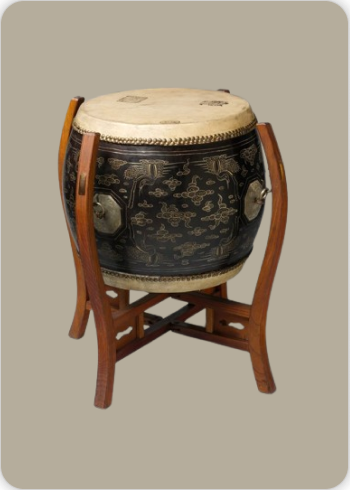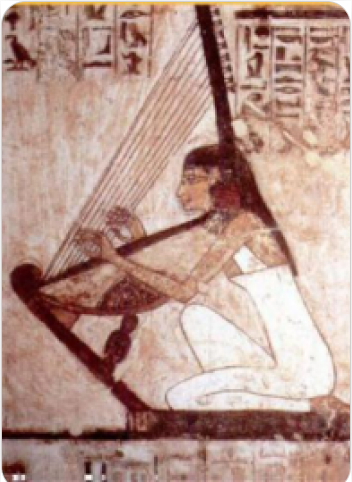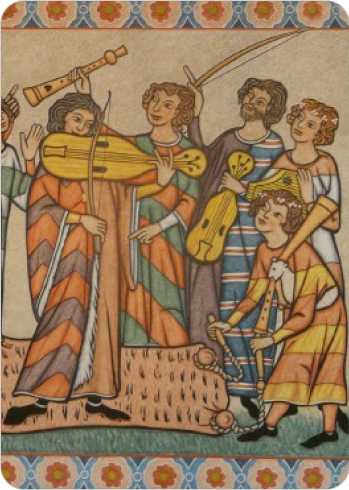Fyell
Woodwinds
Europe
Ancient
Video
The fyell, also known as fyell brezi, fyell shoke, or fyell bariu, is a traditional end-blown flute from Albania. This aerophone instrument is a staple of Albanian folk culture, commonly associated with the shepherds of the Dukagjin highlands. Known for its distinct sharp tone, the fyell is often used to play folk melodies, especially during festive occasions and traditional celebrations like Dita e Verës (Summer Day). The fyell is still prominently featured in Albanian folk music and serves as a symbol of pastoral life and tradition.
Origin of the Fyell
The term fyell brezi comes from two words: fyell, which means ‘flute,’ and brez, which refers to a ‘waistband’ in Albanian. This naming reflects the practice of Albanian shepherds who carried their flutes strapped into their waistbands. The word fyell is derived from Proto-Albanian *spāli, from Proto-Indo-European *spel-, while brez is derived from Proto-Indo-European *breun-. The instrument is deeply rooted in Albanian heritage, traditionally played throughout the highlands and Albanian-inhabited regions. Its simple design and association with shepherding culture make it one of the oldest known musical instruments in Albanian folklore.
Anatomy and Construction of the Fyell
The fyell brezi is hand-crafted, typically from wood. The traditional material was the inner-most section of a fir tree trunk, as fir trees are abundant in the region. Today, however, artisans may use any available wood source to craft the flute. The fyell has the following features:
- Material: Originally made from fir wood, which was prized for its sound quality. The modern versions are also crafted from other types of wood, as well as metal or even plastic.
- Structure: The fyell is an end-blown flute with a sharp edge at the upper end of the tube. This sharp edge allows air to escape and produces a different tone from other end-blown flutes, adding a characteristic roughness to its sound.
- Finger Holes: It has six finger holes on the front, enabling a simple yet effective range of notes. By controlling the airflow and adjusting finger placement, the player can produce different tones and pitches.
- Length and Tone: The fyell’s length may vary, but its tone is consistently described as sharp and rustic, with a strong, clear quality ideal for carrying melodies over the open countryside where shepherds would use it.
Musical Role and Cultural Significance
The fyell brezi is predominantly played by shepherds, particularly in the Albanian highlands, where it serves as a companion during long hours of tending to flocks. Its portability and straightforward design made it the perfect instrument for pastoral life. The instrument’s sound, both melancholic and bright, carries a sense of Albania’s rugged landscapes and the shepherding traditions that define much of the country’s cultural heritage. The fyell is also frequently used in folk music and is a staple of traditional Albanian festivities, particularly during events like Dita e Verës (Summer Day), a celebration of the arrival of spring. This festival sees the fyell used to perform joyful melodies, adding a distinct musical element to communal gatherings.
Playing Techniques
Playing the fyell involves blowing directly into the sharp-edged mouthpiece while covering the six finger holes to control pitch. The flute is held vertically, and the player uses their breath control to produce a clear and consistent sound. The sharp edge at the top of the instrument is crucial, as it allows for the escape of the breath in such a way that gives the fyell its unique timbre. To achieve different overtones, the player may also adjust the strength of the breath or slightly alter the position of their fingers over the holes. This technique adds a layer of expressiveness to the instrument, allowing for free improvisation, an important aspect of Albanian folk performances.
Variations of the Fyell
While the traditional fyell is typically made from wood, modern versions are sometimes made of plastic or metal. These variations have helped to make the instrument more accessible and durable. Despite the materials used, the core construction and the sound production techniques remain consistent across different types of fyell. Additionally, the instrument’s rustic design allows it to be crafted relatively easily by hand, which has contributed to its enduring presence in Albanian culture.
FAQ
What is the fyell brezi?
The fyell brezi is a traditional Albanian end-blown flute, typically made of wood, often played by shepherds in the highlands. It is known for its sharp, rustic tone and is used in Albanian folk music and during festive occasions like Summer Day.
What materials are used to make the fyell?
Traditionally, the fyell is made from the inner-most section of a fir tree trunk, but it can also be made from other types of wood. Modern versions are sometimes crafted from metal or plastic for durability.
How is the fyell played?
The fyell is played by blowing directly into the sharp-edged mouthpiece while covering the six finger holes to control pitch. The flute is held vertically, and the player uses breath control to produce a clear and consistent sound.
What cultural role does the fyell have in Albanian society?
The fyell is deeply embedded in Albanian folk traditions, particularly among shepherds of the highlands. It is played during festivities such as Summer Day and is an important part of Albanian folk music, often symbolizing pastoral life and traditional culture.
Other Instrument
Categories
